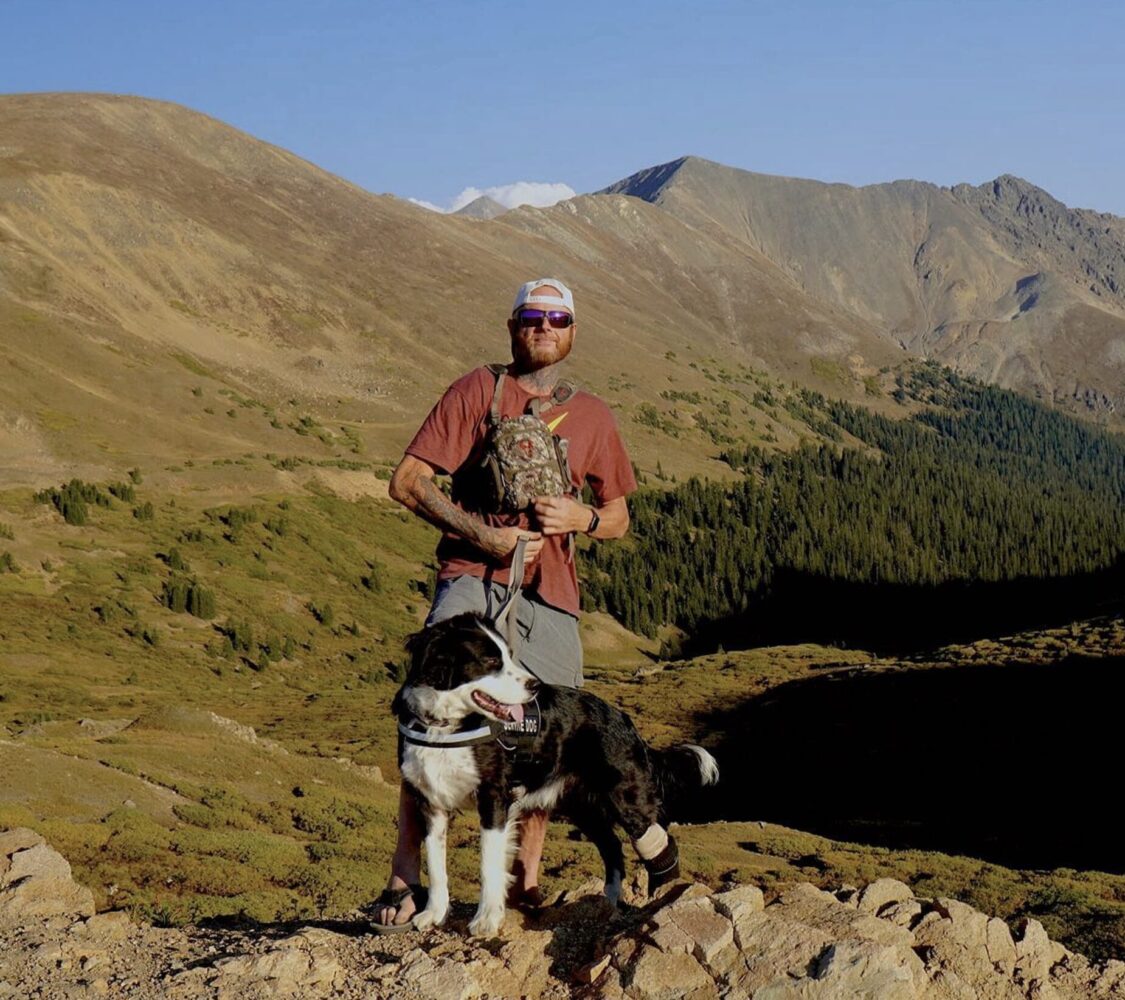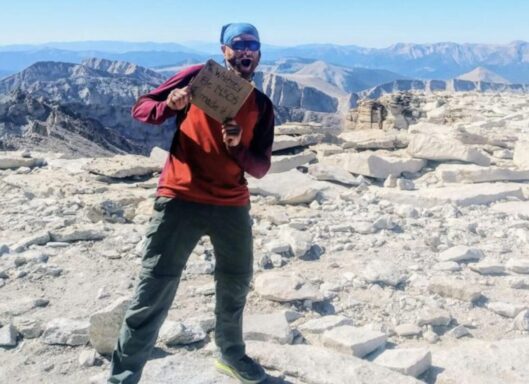Veteran Matthew Landis on Addiction, Homelessness, and the Fight to Rebuild

There’s a moment many veterans face that no one prepares them for—the one after the mission ends, when the uniform is off, and the silence sets in. For Matthew Landis, the path from Air Force veteran to addiction and homelessness wasn’t a single breaking point; it was a slow erosion. One choice, one loss, one moment at a time.
Matthew grew up near West Point, surrounded by the sights and sounds of military tradition. He came from a long line of service members: his grandfather served in World War II, and his uncle retired from the Air Force. Inspired by their legacy—and nudged by a neighbor in a sharp blue uniform—Matthew left behind a college basketball career and joined the Air Force.
He served in the U.S. Air Force during the Gulf War, assigned to Space Command in support of NORAD’s missile tracking systems. But beneath the surface, something was unraveling. Matthew drank to belong. He drank to socialize. He didn’t know yet that addiction ran deep in his bloodline—or that he was walking straight into it.
“Back then, it was party after party. That’s what we did to cope. I didn’t know it at the time, but I was carrying around a lot of unresolved pain,” he shared on The Lasting Mission podcast.
After four years of service, Matthew transitioned to civilian life. Now with three daughters, he tried to find his footing, but without the structure and camaraderie of the military, things unraveled quickly. A shoulder injury led to his first prescription for opioids. He remembers the moment vividly: “I looked at the bottle, saw the warning not to mix with alcohol, and completely ignored it. That’s when the real downfall began.”
Within a few short years, he was estranged from his family, facing 23 felony charges for doctor shopping, and slipping further into addiction. It was that quick. Eventually, the bottom dropped out completely. Matthew became homeless.
“When I was homeless, I didn’t have a home, and I didn’t have myself. I was completely lost.”
That’s the part most people don’t see. Not the street corner or the shelter bed, but the internal collapse. Matthew didn’t just lose a roof—he lost his identity. He lost hope. “I was spiritually broken,” he said. “The inner child in me was screaming for help.”
In 2014, Matthew entered rehab for the first time. Recovery wasn’t linear, but step by step, he began to rebuild. One of the most pivotal moments came not in a clinic, but on the Pacific Crest Trail (PCT), a 2,650-mile hiking trail that runs from Campo, California, to Manning Park, British Columbia.
Hiking the PCT changed his life.

“There was something about being out there—alone, but not lonely. I was reconnecting with the land, with God, and with myself.” This time, the outdoors weren’t a place to escape, but a path toward restoration.
Matthew didn’t keep that healing to himself. He began helping other veterans rediscover purpose on the trail, partnering with outdoor gear companies to provide free equipment. Veterans used the gear, wrote reviews, and in the process, took steps forward—both literally and emotionally.
“I realized that the mission wasn’t over. It had just changed,” Matthew said. “Now, it was about helping others find what I almost lost.”
Today, Matthew is four years sober. He shares his story not to dwell on what went wrong, but to show what’s possible—that recovery is real, that purpose can return, and that no one is beyond the reach of hope. He’s proof that even after losing everything, it’s still possible to rebuild a life that matters.
Listen to Matthew’s full journey on The Lasting Mission podcast, available wherever you get your podcasts. Or watch the video here:
If you or someone you know is a veteran struggling with addiction or homelessness, you are not alone. Visit missionrollcall.org to find resources, share your story, and stay connected.